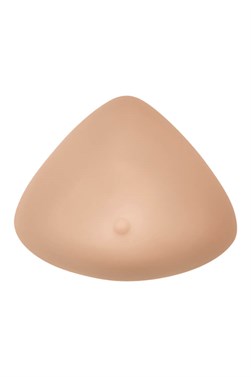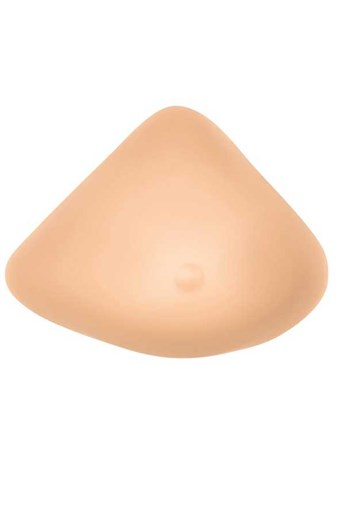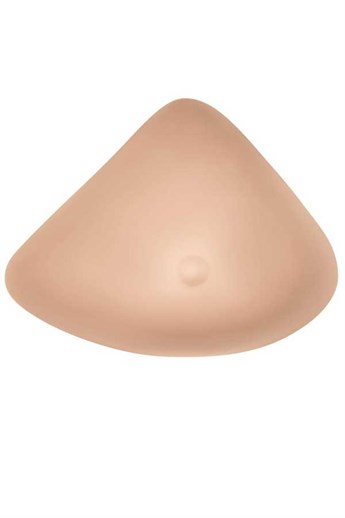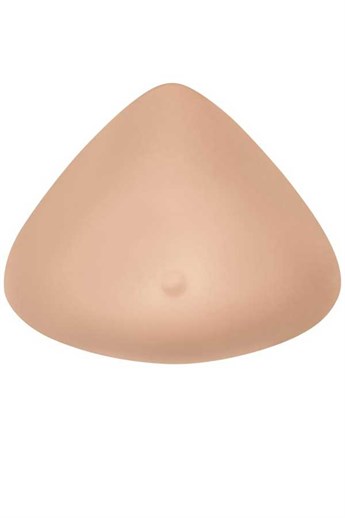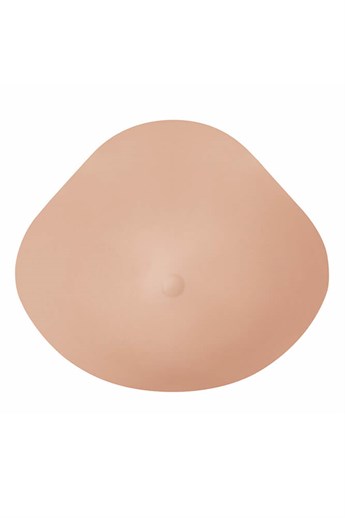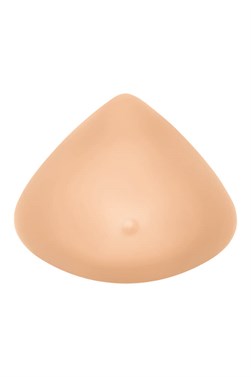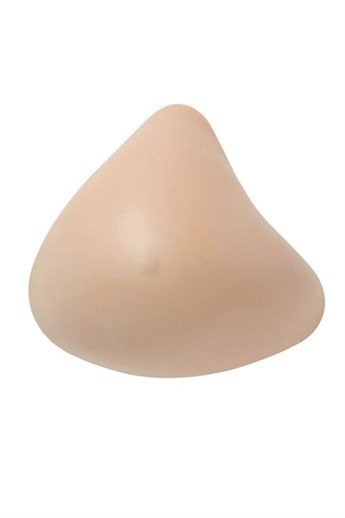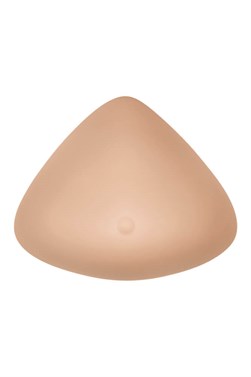How long does it take to heal after a lumpectomy
Discover how long it takes to heal after a lumpectomy. Learn about the recovery timeline, tips for a smooth healing process, and factors that affect recovery time.

A lumpectomy, a surgery to remove a breast tumor and some surrounding tissue, is a common procedure for treating breast cancer. Understanding the healing process and what to expect can help you manage your recovery effectively. Here’s a quick guide on how long it takes to heal after a lumpectomy.
Immediate post-surgery recovery
The first part of your recovery is essential to make sure you’re comfortable and heal well. Taking care of yourself after surgery is important to help avoid infections or issues with the healing process. As always, if you’re experiencing pain or anything that doesn’t seem right to you, speak to your healthcare team to ask for advice.
First few days
In the first few days post-surgery, you may experience:
- Pain and discomfort which is usually managed with prescribed pain medications.
- Swelling and bruising can be common around the surgical site.
- Drainage tubes help remove excess fluid, but not everyone has them after surgery.
Tip: Follow your doctor’s instructions on how to care for the surgical site and manage any drainage tubes.
Short-term recovery
The first few weeks should still be about taking care of yourself and avoiding too much physical activity. Plan ahead for some activities that can keep you occupied without being too overwhelming or active.
First week
During the first week, your primary focus should be on rest and recovery You want to avoid heavy lifting and strenuous activities and keep the area around your incision clean and dry to prevent infection. You should also continue taking prescribed medications as needed as part of your recovery. Your main aim during this week is to rest, relax and take care of yourself.
Two to three weeks
After the first week, you can gradually start to resume normal activities, but with caution. Your medical team will be able to advise you on how you're doing in your recovery. Here’s what you should be thinking about:
- Light activities: engage in light activities such as walking.
- Gentle exercises: follow any recommended exercises to restore arm and shoulder mobility.
- Emotional well-being: Seek support from family, friends, or support groups if you’re feeling anxious or stressed.
Long-term recovery
You need to think about your longer-term recovery following a lumpectomy, too. It’s important to take care of your body and really let it recover and heal. Here’s what to expect in the weeks following your surgery.
Four to six weeks
Most women start feeling significantly better four to six weeks after surgery.
- Healing of incision: The surgical site should be mostly healed, although some tenderness may persist.
- Increased activity: You can slowly return to more strenuous activities, but listen to your body and avoid overexertion.
- Follow-up appointments: Regular check-ups with your doctor to monitor healing progress.
Beyond six weeks
Full recovery can vary depending on individual health and the extent of the surgery:
- Scar tissue: The scar may continue to heal and soften over several months.
- Continued care: Maintain good self-care practices and follow any additional treatments or therapies prescribed by your healthcare provider.
- Emotional well-being: taking care of your emotional health is just as important as your physical health.
Tips for a smooth recovery
Here’s what to do to support yourself during your recovery:
- Follow medical advice: Always adhere to your doctor’s post-surgery care instructions.
- Stay hydrated and eat healthily: Proper nutrition aids the healing process.
- Monitor for complications: Watch for signs of infection such as increased redness, swelling, or discharge from the incision site.
- Find a comfortable post-surgery bra: A supportive bra can help you to heal, feel comfortable and get your confidence back.
Factors affecting healing time
Your overall health plays a significant role in how quickly you recover. Chronic conditions such as diabetes or autoimmune disorders can slow the healing process. The extent of the lumpectomy and whether you had additional treatments such as radiation or chemotherapy can impact recovery time. Your medical team should be able to give you a treatment and recovery plan that helps you to understand how long it takes to heal after a lumpectomy.
Healing after a lumpectomy is a gradual process that varies from person to person. On average, it takes about four to six weeks to recover, but full healing can take longer. Being well-informed and following your healthcare provider's advice can help ensure a smooth and successful recovery.





